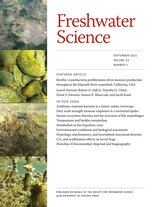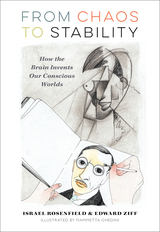4 start with G start with G
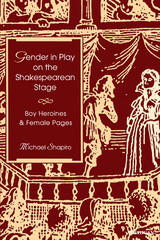
Shapiro's study centers on the five plays in which Shakespeare employed the figure of the "female page": The Two Gentlemen of Verona, The Merchant of Venice, As You Like It, Twelfth Night, and Cymbeline. Combining theater and social history, Shapiro locates Shakespeare's work in relation to controversies over gender roles and cross-dressing in Elizabethan England.
The popularity of the "female page" is examined as a playful literary and theatrical way of confronting, avoiding, or merely exploiting issues such as the place of women in a patriarchal culture and the representation of women on stage. Looking beyond and behind the stage for the cultural anxieties that found their way into Shakespearean drama, Shapiro considers such cases as cross-dressing women in London being punished as prostitutes and the alleged homoerotic practices of the apprentices who played female roles in adult companies. Shapiro also traces other Elizabethan dramatists' varied uses of the cross-dressing motif, especially as they were influenced by Shakespeare's innovations.
"Shapiro's engaging study is distinguished by the scope of interrelated topics it draws together and the balance of critical perspectives it brings to bear on them." --Choice
Michael Shapiro is Professor of English, University of Illinois, Urbana.
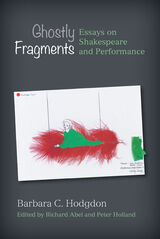
Ghostly Fragments gathers the essays of the late Barbara C. Hodgdon, a renowned scholar of Shakespeare and performance studies. Her influential publications over thirty years reflected a remarkable intelligence, wit, and originality, as did her lectures and conference papers. Richard Abel and Peter Holland have selected essays that represent the wide sweep of Hodgdon’s scholarship, including unpublished pieces and those from hard-to-access sources. The essays reveal a thinker and writer who grows more self-reflective over time, with a distinctive, engaging, often wryly humorous voice that is accessible even to nonspecialist readers.
Following a general introduction by Peter Holland, the book’s five subsections (Teaching Shakespeare, Analyzing Stage Performances, Editing Shakespeare Texts, Analyzing Shakespeare Films, and “Shopping” in the Archives) are introduced in turn by scholars Miriam Gilbert, W.B. Worthen, Margaret Jane Kidnie, Richard Abel, and Pascale Aebischer. Collectively, the pieces confirm the originality and élan of Hodgdon’s thinking and writing over time, and reveal her as a natural essayist and stylist, with a distinctive engaging voice. The collection is unique in not only bringing together so much of Hodgdon's work in one place (with an extensive bibliography of her published work) but also in demonstrating how groundbreaking and influential that work has been in the field.
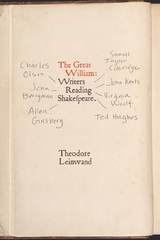
Theodore Leinwand builds impressively detailed accounts of these writers’ experiences through their marginalia, lectures, letters, journals, and reading notes. We learn why Woolf associated reading Shakespeare with her brother Thoby, and what Ginsberg meant when referring to the mouth feel of Shakespeare’s verse. From Hughes’s attempts to find a “skeleton key” to all of Shakespeare’s plays to Berryman’s tormented efforts to edit King Lear, Leinwand reveals the palpable energy and conviction with which these seven writers engaged with Shakespeare, their moments of utter self-confidence and profound vexation. In uncovering these intense public and private reactions, The Great William connects major writers’ hitherto unremarked scenes of reading Shakespeare with our own.

At twenty-three, Michelle Ephraim was failing at everything. The only child of reclusive Holocaust-survivor parents who were dismayed by her literary studies, she found herself dumped by her boyfriend and bombing out of graduate school. Then, one night, she crashed a Shakespeare recitation party. Loopy from vodka and never having read a single line of Shakespeare, she was transfixed. Shakespeare, she decided, was the lifeline she needed.
Green World is the hilarious and heartbreaking story of Ephraim’s quest to become a Shakespeare scholar and to find community and home. As she studies Shakespeare, Ephraim’s world uncannily begins to mirror the story of the Jewish daughter in The Merchant of Venice, and she finds herself in a Green World, an idyllic place where Shakespeare’s heroines escape their family trauma. Green World reckons with global, historical, and personal tragedy and shows how literature—comic and tragic—can help us brave every kind of anguish.
READERS
Browse our collection.
PUBLISHERS
See BiblioVault's publisher services.
STUDENT SERVICES
Files for college accessibility offices.
UChicago Accessibility Resources
home | accessibility | search | about | contact us
BiblioVault ® 2001 - 2024
The University of Chicago Press



